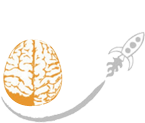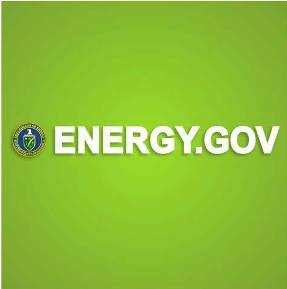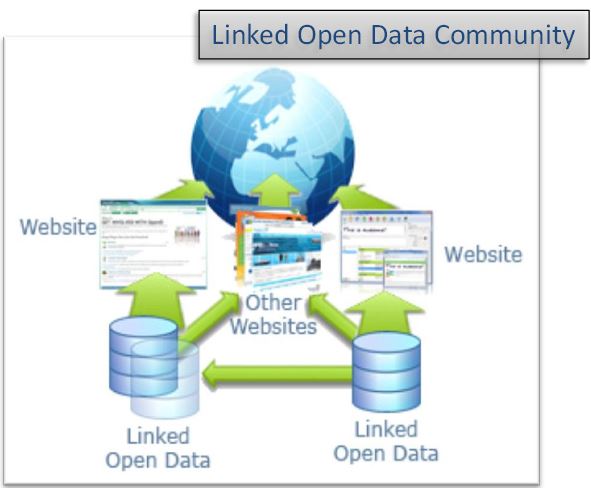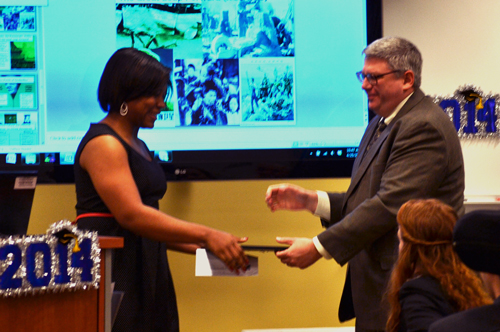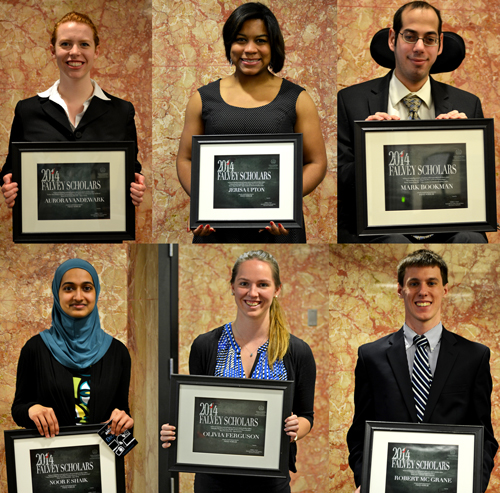
Join us this week for Open Access Week events,
and we welcome your response to our survey below!
Open Access Week is a global event for inspiring the academic community to advance the open-access movement. Open access embraces two key complimentary ideas: scholarship should be freely available on the web, AND it should be free of permission barriers for legitimate uses. The Budapest Open Access Initiative (2002) is probably the most often quoted definition of “open access”:
By “open access” to this literature, we mean its free availability on the public internet, permitting any users to read, download, copy, distribute, print, search, or link to the full texts of these articles, crawl them for indexing, pass them as data to software, or use them for any other lawful purpose, without financial, legal, or technical barriers other than those inseparable from gaining access to the internet itself. The only constraint on reproduction and distribution, and the only role for copyright in this domain, should be to give authors control over the integrity of their work and the right to be properly acknowledged and cited.
Since that definition was penned, much progress has been made by individual scholars, universities, scholarly societies, publishers and national and international bodies for making open access to scholarship a reality. So many journals have gone or been established as open access that we need a Directory of Open Access Journals. Furthermore, traditional subscription journal publishers such as Taylor & Frances, Wiley, Springer and Elsevier offer authors fee-based options to make their articles open access, what some might consider an effort to co-opt the open-access movement. Institutional repositories for archiving all forms of scholarship from articles to data and born digital artifacts, many open, have proliferated on campuses big and small around the globe.
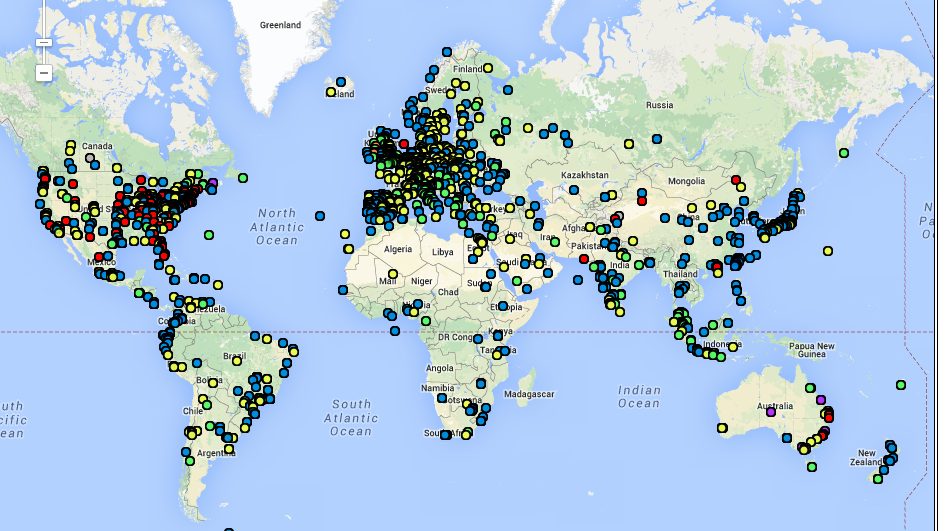
Additionally, open access mandates by funders requiring that the results of research be made publically available for free are becoming the norm (for a database of funder mandates see SHERPA/JUIET). Faculties at top universities such as Harvard University, Duke University and the University of California System have adopted institutional open access policies which typically address depositing scholarship in an institutional repository and granting rights to scholarship (See Coalition of Open Access Policy Institutions.)
Open Access Week is a good time to examine your thoughts on how open access impacts your own scholarly practice and what initiatives you would like to see Villanova University take regarding to open access. The best way to do that is by joining a conversation or by taking our open access survey!

Falvey Memorial Library and the Office of Research and Graduate Programs will participate in Open Access Week with two events, both lunch hour brown bag participatory lectures. On Tuesday, Oct. 21, 1-2 p.m., in Falvey room 204, Michael Posner, PhD, director, Center for Statistics Education and Linda Hauck, business liaison librarian, will discuss “Open Data Trends: Policies, Privacy and Preserving Data Integrity.”

Posner, Hauck, Leytes, Fogle
On Friday, Oct. 24, 1-2 p.m., in room 205, Dina Leytes, practice group chair, Intellectual Property and New Media, at Griesing Law, LLC, and Nikolaus Fogle, subject librarian for philosophy, will discuss “Author Rights: When and How Can You Archive, Share and Own Your Published Work?”
Open Access Week is an international event being held for the eighth time. It provides “an opportunity for the academic and research community to continue to learn about the potential benefits of open access, to share what they’ve learned with colleagues, and to help inspire wider participation in helping to make open access a new norm in scholarship and research.”
To learn more about open access from local viewpoints, attend one or both of the events to be held in Falvey on Oct. 21 and 24.
Article by Linda Hauck, MS, MBA, (pictured) business librarian and team coordinator for the Business Research team.
![]() Linda Hauck, MBA, is Business Librarian at Falvey Memorial Library.
Linda Hauck, MBA, is Business Librarian at Falvey Memorial Library. Corporate annual reports and SEC filings are the raw materials used for content analysis by researchers examining company histories, corporate strategy, risk, disclosures about environmental and human capital, governance & communication differences to name just a few areas of inquiry. Villanova now has access to collections of these documents in Mergent Archives listed on
Corporate annual reports and SEC filings are the raw materials used for content analysis by researchers examining company histories, corporate strategy, risk, disclosures about environmental and human capital, governance & communication differences to name just a few areas of inquiry. Villanova now has access to collections of these documents in Mergent Archives listed on  Linda Hauck, MLS, MBA, is the Business Librarian at Falvey Memorial Library.
Linda Hauck, MLS, MBA, is the Business Librarian at Falvey Memorial Library.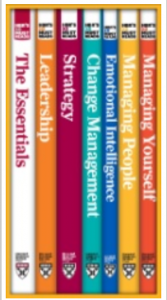 The Villanova community now has
The Villanova community now has 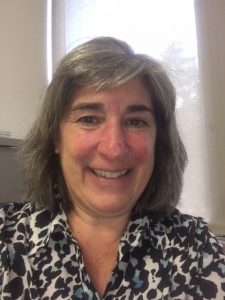 Linda Hauck, MLS, MBA, is Business Librarian at Falvey Memorial Library.
Linda Hauck, MLS, MBA, is Business Librarian at Falvey Memorial Library.


